The most influential Soviet was probably in St. Petersburg and it was also one of the first Soviets to form. The Soviets were repressed to a degree until the complete abdication of Tsar Nicholas II in 1917. The duma sensed that total political collapse was on the horizon and quickly established a democratic "Provisional Government" just days before the Tsar's abdication. Although the new government had many democratic and liberal policies, the Soviet emerged as its primary political rival due a disagreement over Russia's continued involvement in WWI. Much of the Russian population fiercely opposed Russia's involvement in WWI because of its dire drain on the economy. The Soviet, on behalf of the people, urged Russia's immediate exit from the war while the Provisional Government sought to remain in the war. In fairness, the new government was in a very difficult situation. Britain and France urged Russia to stay in the war and the Central Powers were still all ruled by monarchs. If the entente were to lose the war, it could result in dire consequences for the newly established government. However, resistance from the Soviet resulted in a stand still, resulting in political inertia.
Vladimir Lenin, the Bolshevik leader, was able to effectively gain majority support of the masses by urging his party and all its supporters to completely withdraw support for the new government. At the same time, workers took control factories, peasants took control over land, and national minorities broke away from their central powers, declaring their autonomy. Bolshevik support of these mass movements actually drove the people to push the Bolsheviks into taking power. "All power to the Soviets" was the slogan that fueled Lenin into fully supporting the proletariat and he eventually come to form the Soviet Union.

Petrograd Soviet meeting in 1917.
St. Petersburg Soviet members exiled to Siberia.
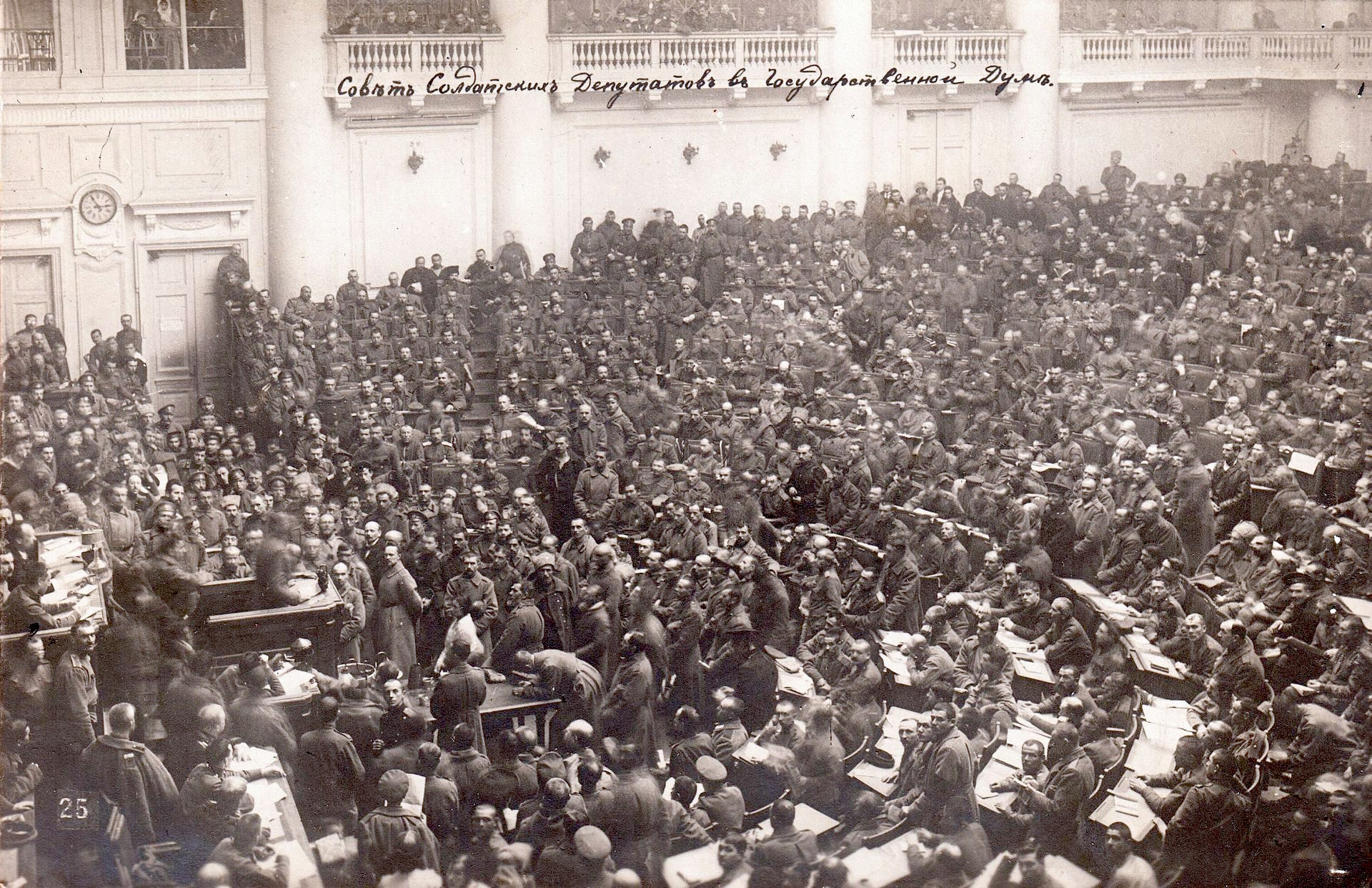

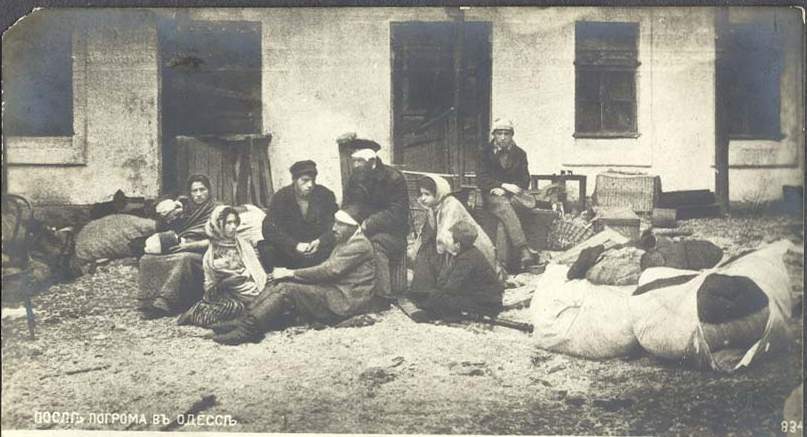

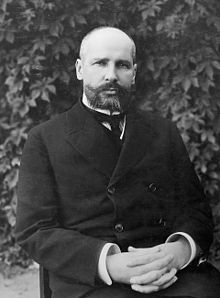
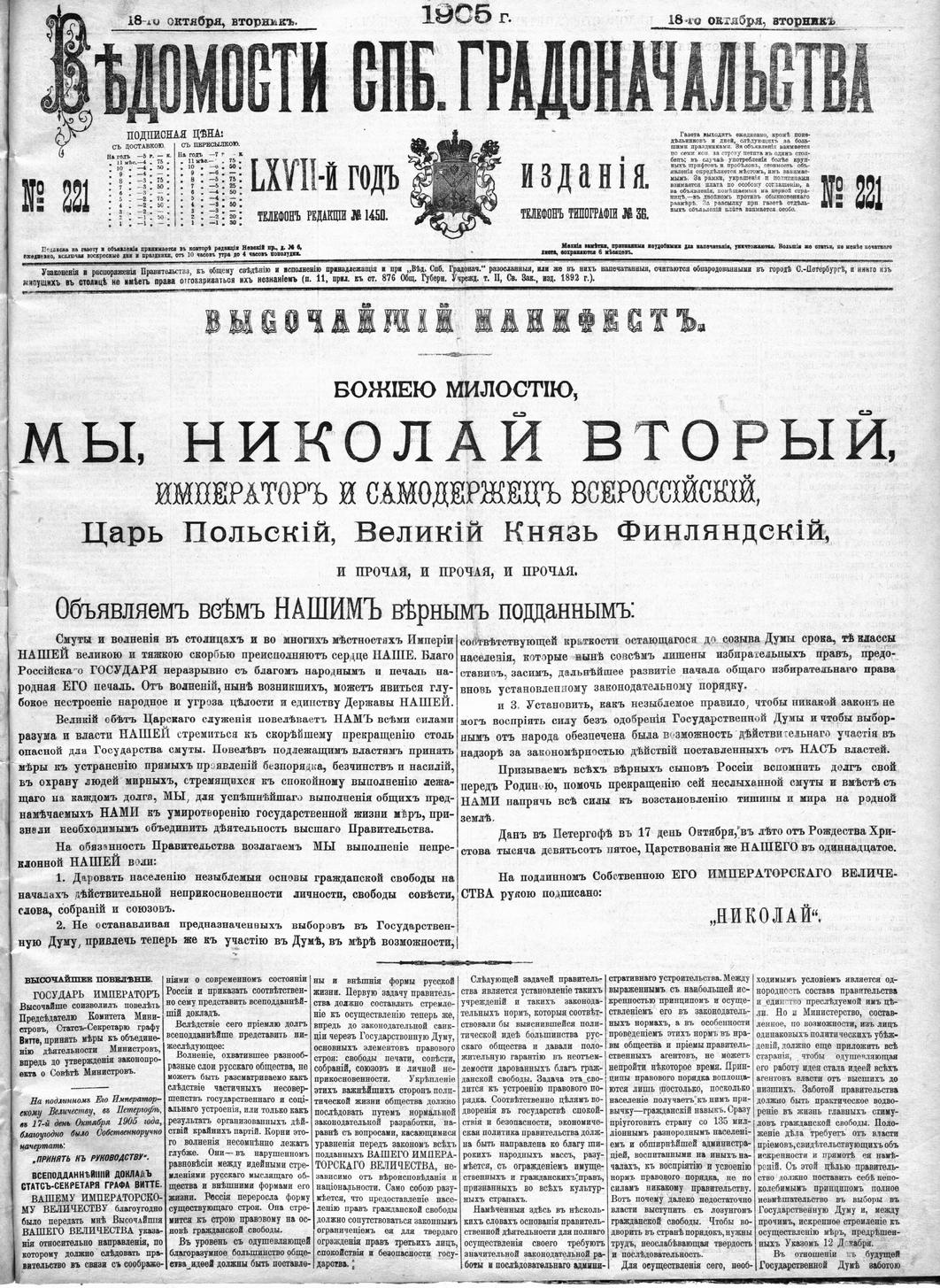

.png)

.jpg)

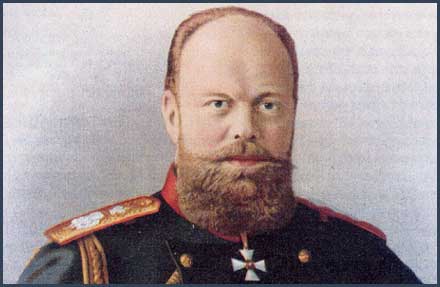
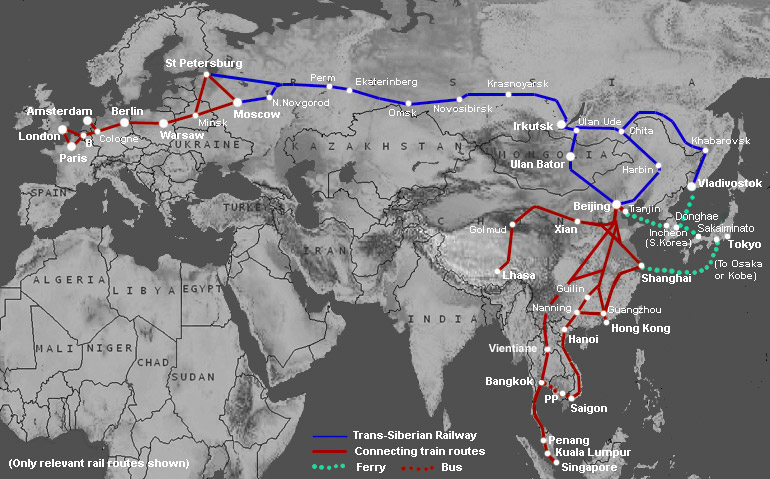
 Nikolay Chernyshevsky (1828-1889)- Russian revolutionary democrat that supported overthrow of the govenrment by the peasant class, He believed that Russian economy and politics should revolve around the concept of the mir- the old peasant commune. Author of What is to be Done?
Nikolay Chernyshevsky (1828-1889)- Russian revolutionary democrat that supported overthrow of the govenrment by the peasant class, He believed that Russian economy and politics should revolve around the concept of the mir- the old peasant commune. Author of What is to be Done?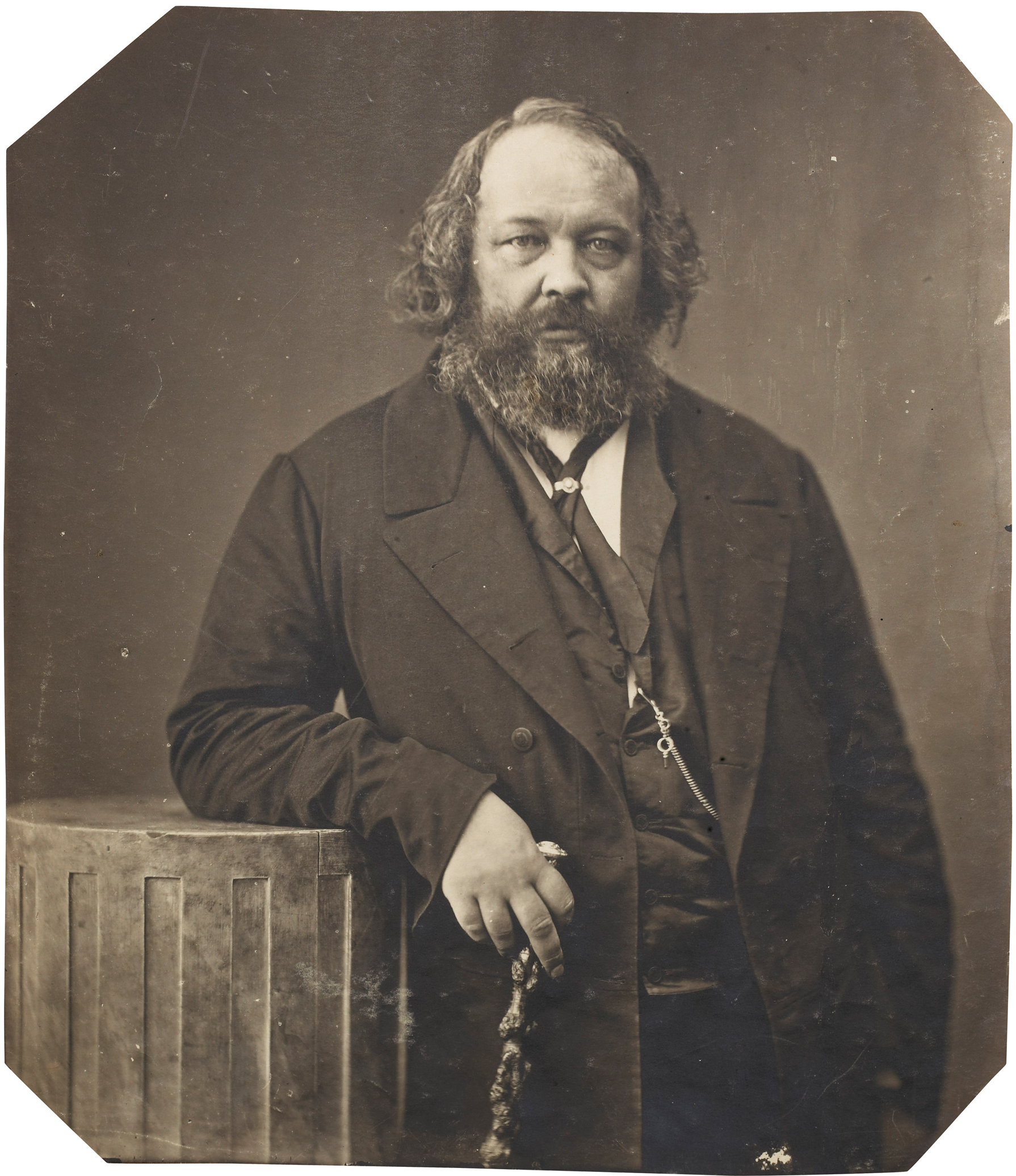 Mikhail Bakunin(1814-1876)- A radical thinker that promoted anarchism on the basis that anyone in power (regardless of class, status, and wealth) would eventually lead an oppressive state solely based on the nature of ruling. He opposed democracy because he believed that the bourgeoisie would come to rule in any and every scenario.
Mikhail Bakunin(1814-1876)- A radical thinker that promoted anarchism on the basis that anyone in power (regardless of class, status, and wealth) would eventually lead an oppressive state solely based on the nature of ruling. He opposed democracy because he believed that the bourgeoisie would come to rule in any and every scenario. Alexander Herzen(1812-1870)- Author of the Polyarnaya Zvyezda (or Polar Star)
Alexander Herzen(1812-1870)- Author of the Polyarnaya Zvyezda (or Polar Star)